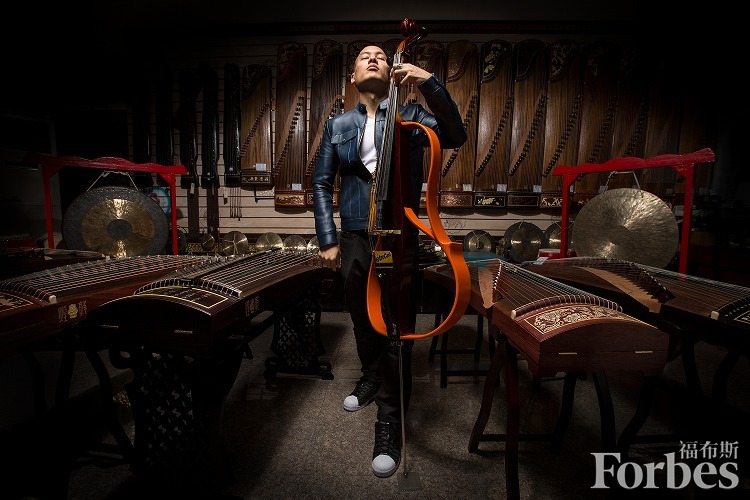
A brand new interview on music industry, China culture, social entrepreneurship, music diplomacy and creative inspirations! Click to download the entire article
Grammy Award Winning Musician Dana Leong: Music and Life Need Space to Breathe
“Music is everyone’s own voice and fingerprint. Everyone has their own unique style and rhythm. Rhythm is the most important thing in music and in life. If the heart does not keep beating rhythmically, we will be sick. If music does not have its own rhythm, it can not be music.”
——Dana Leong
“This is my 20th visit to China.” Dana Leong said with a smile. This talented musician, who has won two Grammy Awards, started the conversation with a uniquely upbeat and cordial greeting.
The world’s top electric cellist, a young global leader… Dana has too many too labels to track. Fact is, Dana is a music prodigy. He was admitted by Stanford University at 11 and invited to start teaching there when he was 16. Dana has worked with Kanye West, a well-known American rapper and Sean P. Diddy Combs to name a few names in hip-hop. In addition, he has collaborated with Ryuichi Sakamoto, DJ QBert and other world-renowned musicians in electronic music. His genres are diverse and have brought him quite unique insights across multiple music fields, ranging from jazz to psychedelic electronic, classical to hip-hop. Beyond being a producer and multi-instrumentalist playing cello, trombone, piano, trumpet, drums, electric bass, double bass, flute with his unique and personalized interpretations, he has a passion to create powerful and healing energy. Even after many accolades the world has yet to see his full potential.
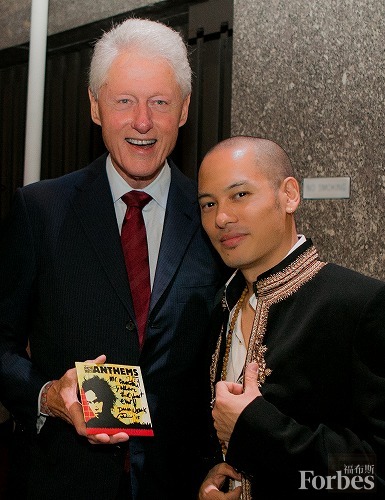
In 2011, Dana and Paquito D’rivera, a world-renowned maestro of woodwind instruments from Cuba, won two Grammy Award for Best Latin Jazz Album. While the Grammy Award are an internationally recognized and standardized music prize, they just a reminder of a milestone marker from which to continue progressing. “In fact, like any achievement, winning it is not the end, but the beginning of a new journey. At this point, you must continue to grow and improve. You must continue to make a positive contribution to the world.”
Music and life, rhythm is always the main theme.
Dana’s mother is his first music teacher. “My mother was a famous TV musician before and also my first music teacher. I studied, practiced and composed music as a child. I approached creation like a chef. Whenever I found the musical elements/ingredients I like, I would integrate them into my work.”
Dana has also mixed artistic mediums and always continued to push boundaries and incorporate new technologies. His music is often a collage of eastern and western, modern and classical, with slick melodies and electronic beats. Bending and blending electronic music with cello, his unique brand is always something fresh.
Often times weaving the feel of nature into his TEKTONIKmusic tracks, the birdsongs of the Hawaiian Islands & mystical rhythms woven harmoniously into a modern music elixir.
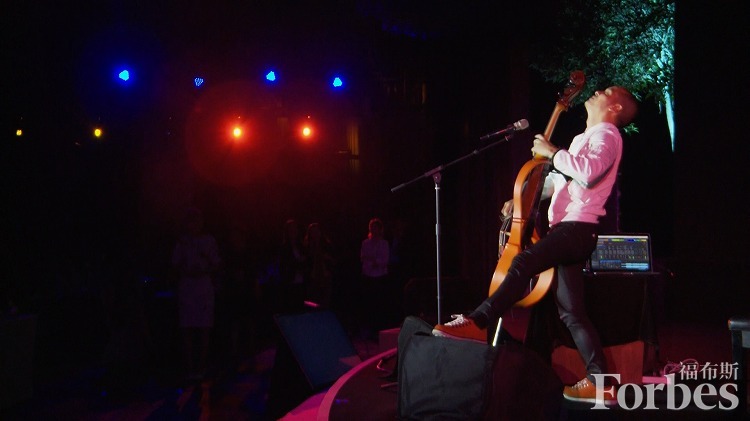
There is a “wandering music soul” in his heart, and he seems to have been born with a “radar for sound.” Often searching for samples and new ingredients to mix, he records many sounds on site in exotic and unexpected locations. Then, these sacred snippets appear in his future creations.
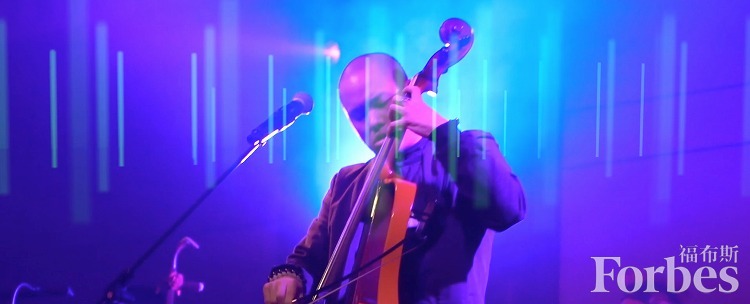
“Music is everyone’s own voice and fingerprint. Everyone has their own unique style and rhythm. Rhythm is the most important thing in music and in life. If the heart does not keep beating rhythmically, we will be sick. If music does not have its own spirit, it can not elevate you.” This is the true power of music in Dana’s eyes. “Every piece of music has a story and deep emotion within it. It could be excitement, it could be fear and it could be love. All of these make you feel deeply and activate your most vibrant life.”
Over the years, Dana has always believed that the healing power of music is greater than we can ever imagine. He often draws metaphors inspired by unexpected disciplines and practices. “The process of music creation for composers is a lot like chefs cooking delicious delicacies. Chefs are often obsessed with finding natural and creative ingredients to make amazing new recipes. Musicians explore sonic textures and collect their favorites. They experiment to see how the textures mesh together and ultimately create new recipes as well.
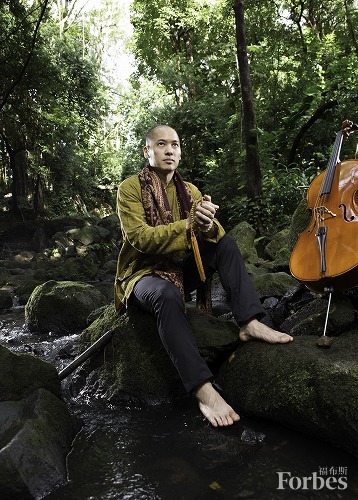
Photo: Eric Wilson
Whether it’s music or life, rhythm and pace always allow Dana to find his sweet spot. He likes sports, practices and is an evangelist of meditation; he loves cooking, and his favorite diet is often vegetarian; he enjoys socializing with friends, but also has taken longer trips isolated in nature to create and recenter. He shared, “Life is just like music. Sometimes it requires short spaces to breathe.”
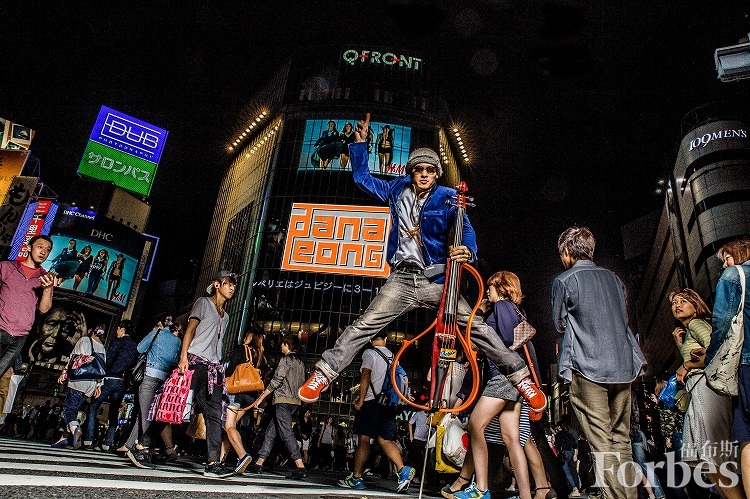
Dana has lived in New York since he was a teenager. Only in recent years, he decided to travel back and forth between New York and Shanghai to explore the waves in the music scene during this Asian cultural renaissance. Dana brought TEKTONIK operations to Asia to focus on blending music and wellness. In TEKTONIK’s music project, Dana unites artists from around the world. These artists carry the same shared experiences and intentions, many hailing from from regions and nations afflicted by trauma and natural disasters. After disaster areas, they expanded to create public programs and went to the world while healing people with music and art. “The mission behind TEKTONIK is to remind us of our shared destiny and of the need for compassionate and careful stewardship of Mother Earth. We use music to link all people through a spiritual connection that transcends barriers.” Dana said, “TEKTONIK harmoniously mixes the elements of cello, sitar, tabla and electronic DJ to create a unique, sometimes dramatic, and sometimes soothing rhythm.”
His Chinese complex, originated in the last century.
Dana has always had a special sense of belonging in China, stemming back through generations preceding his grandparents. “My grandmother lived in many cities in China, including Hong Kong, Guangzhou and Shanghai. She was the first of our family to move to the United States in the middle of the twentieth century. It was an extremely challenging time, due to many cultural misunderstandings. Thus, I regret that my grandmother did not teach her children and grandchildren how to speak Chinese, as she was always concerned for our safety and would rather that we fit in and appear American.”
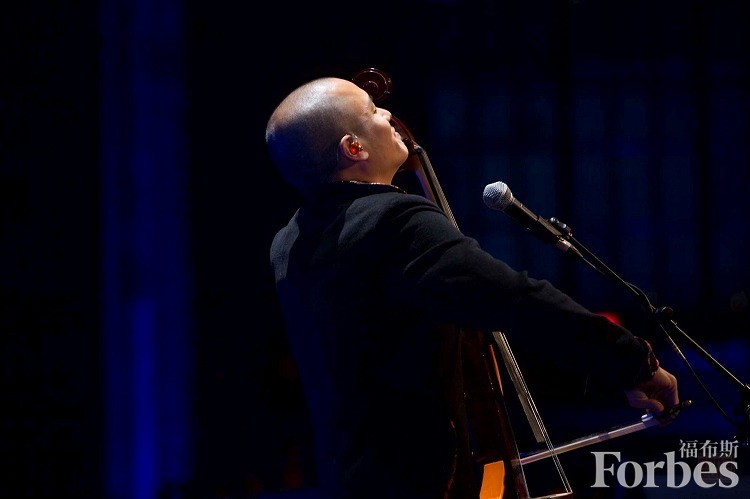
Over time, his curiously about his own origins and cultural history grew steadily. “In 1998, I set foot on the vast land of China for the first time. I love Chinese tradition and culture. I have listened to Beijing Opera and other older styles of Chinese music. What I noticed is that the instruments and voices really are very powerful and can be heard from quite a distance. You may need 30 western violins to match the power of one Erhu (Chinese violin).” Dana added, “I am working hard to learn Chinese and hope that my music will be heard by more Chinese people.”
Technology has given musical creatives a “new creative runway”. A few seasons back, Dana was asked to interpret China Chairman Xi’s “China Dream” phrase at the World Economic Forum. He created a piece called “Golden Dream” outlining our globally shared ideals for prosperity & happiness. The mixed media music piece which mixes cello music with Guzheng, live traditional ink painting and a large digital animation as a multi-sensory experience.
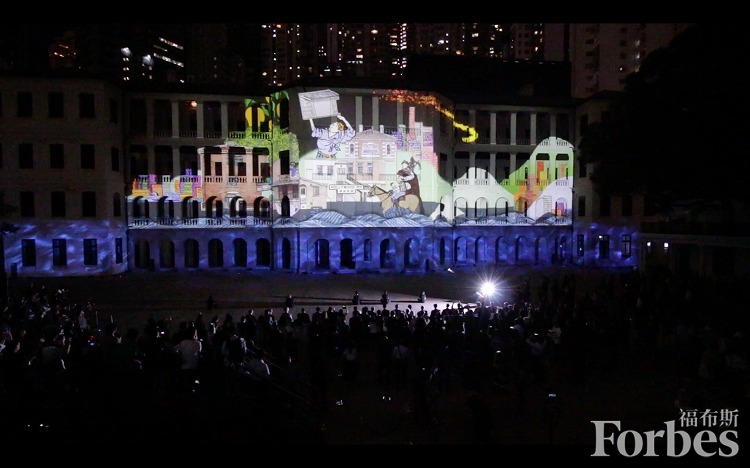
To date, Dana has traveled to more than 50 countries around the world. During the journey, he has always been fascinated by the local traditional music. “Recently we have created remixes of ancient prayers and chants from all over the world including harmonious music from China. Nothing brings people together across boundaries in a more equanimous connection than blending globally favorited music.”
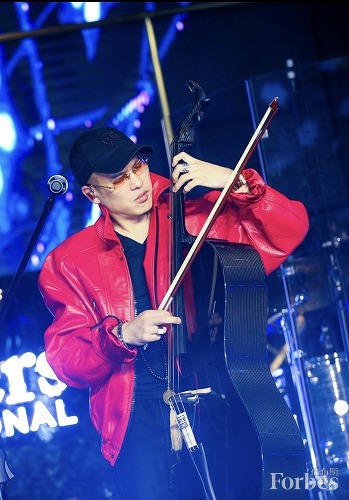
At the end of the interview, I said to him, “I hope to hear about your third Grammy Award soon.” Dana nodded with a smile. Nothing can stop him from making music. As he said: “My life is sometimes a struggle, sometimes peaceful, sometimes challenging, sometimes blissful but music is the constant vehicle to narrate these anthems of life.”
The following is part of the interview between Forbes China and Dana Leong.
Forbes China: What do you think of the development of electronic music in China today?
Dana: I’m quite convinced that China is one of the biggest fan communities of electronic music in the world today. In this era, China has an international voice in many styles of music, including hip-hop and EDM. I love seeing the videos of people enjoying music in dance clubs, in festivals, and in big groups. Everyone expresses the process of enjoying music in their own unique way.
Forbes China: What is your favorite sound?
Dana: The sound of the sea, the rain, and the falling snow.
Forbes China: Who is the musician you admire most?
Dana: Johann Sebastian Bach was one of the most talented musician composers of all time. He could compose incredibly beautiful and detailed music, he could play dozens of instruments and he had 20 children! Haha. Today I admire many prolific musicians, producers and performers.
Forbes China: Are there any Chinese musicians?
Dana: From China I like Jane Zhang, I like Lang Lang, I like Tan Dun, I like Lee Hom, I like Ma Yo-Yo (I respect him and think every person who plays the cello also respects him!). International musicians I like are Timbaland, Skrillex, Diplo, Muse, and Bruno Mars.
Source: Forbes China
Translated: Chuanruolan Yan